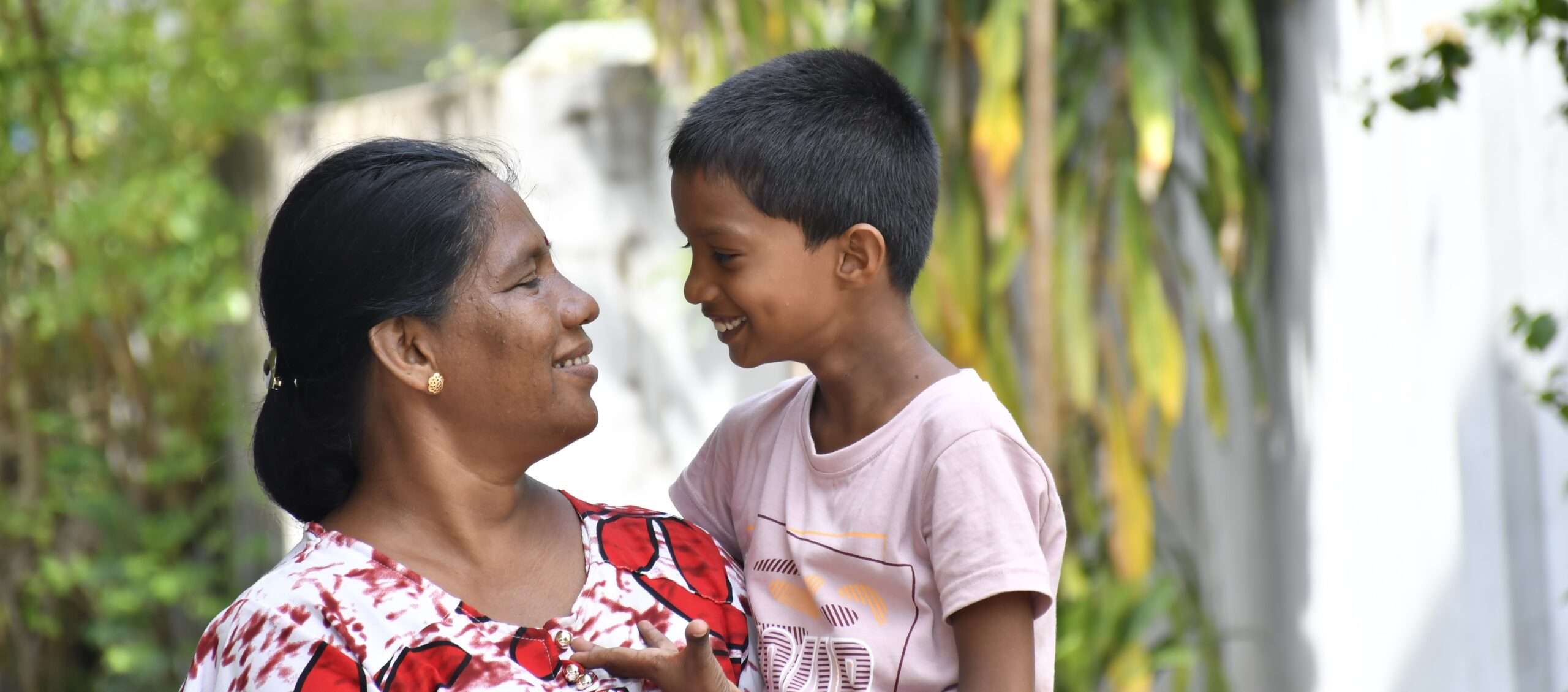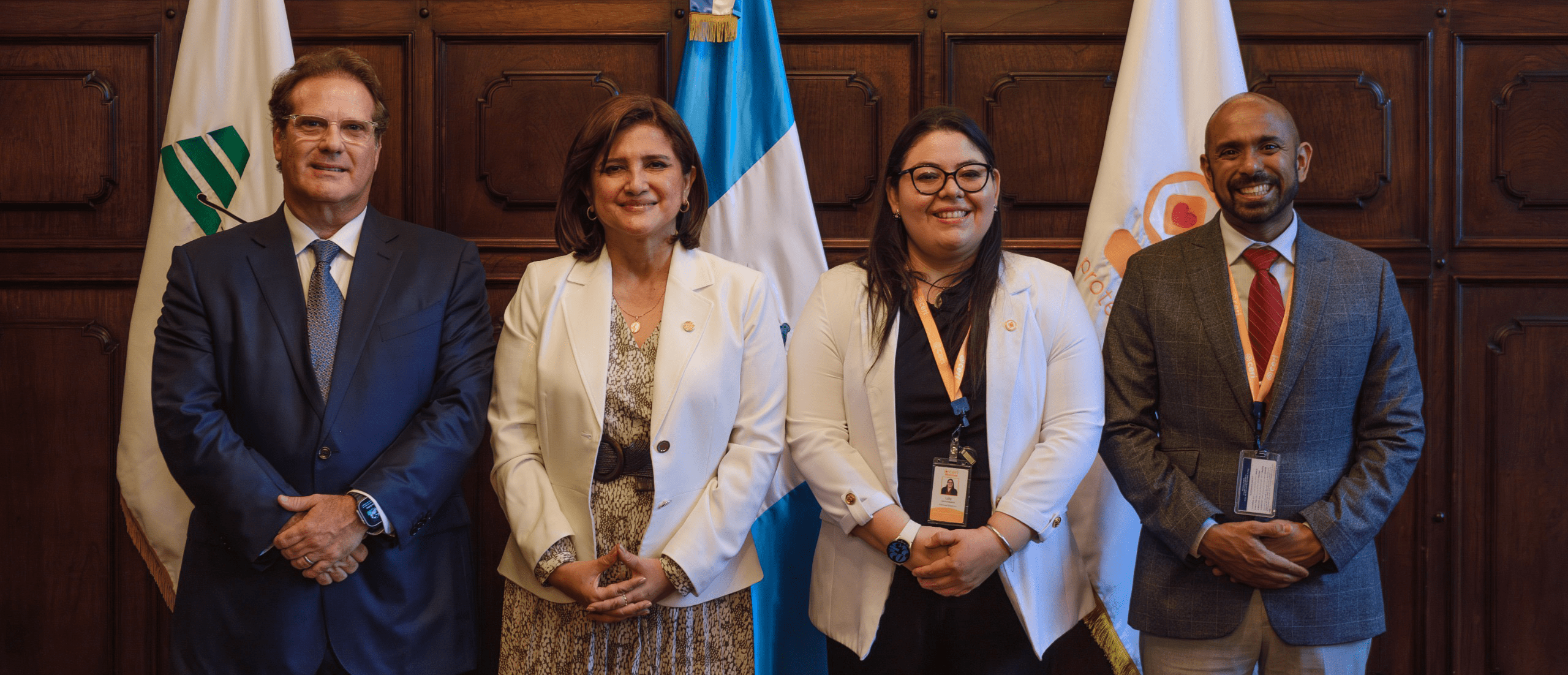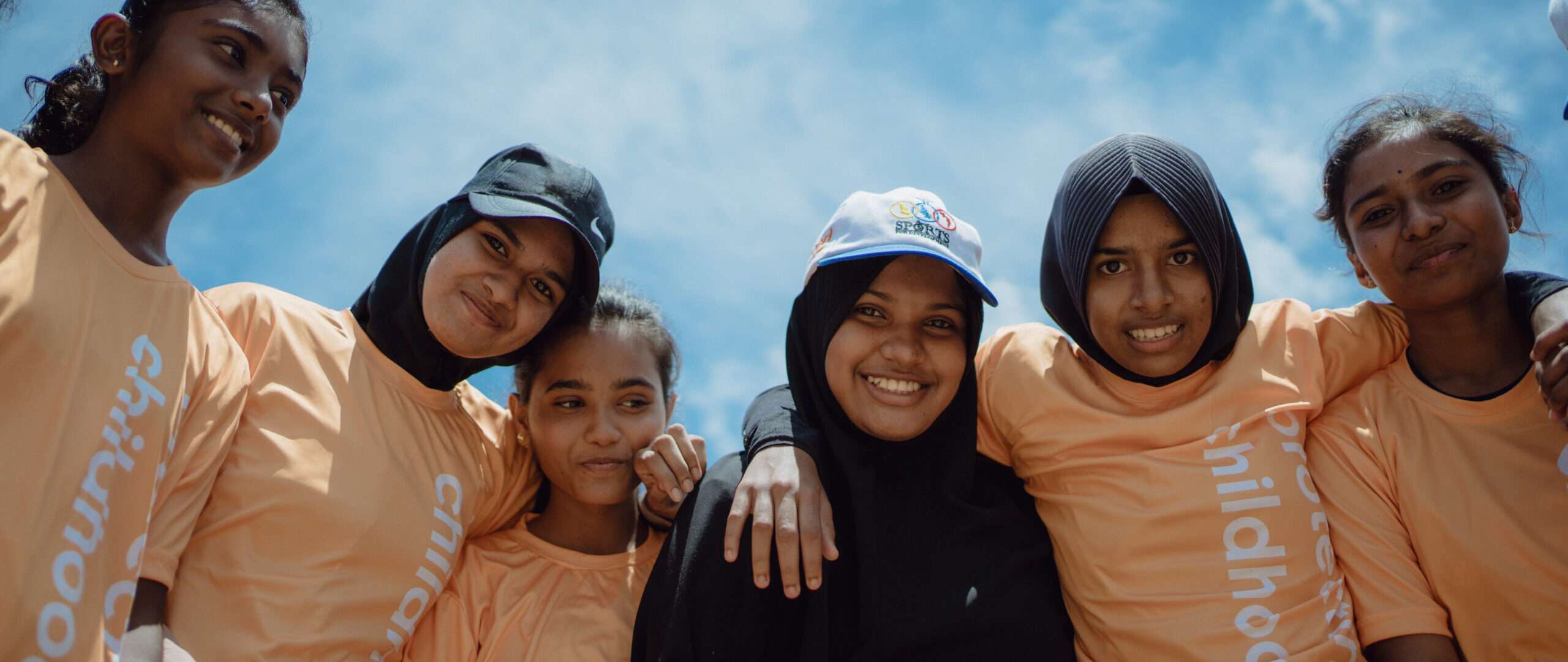Children’s Emergency Relief International’s (CERI) Executive Director, Dr. Dearing Garner, and his team recently took part in a three day meeting in Pietermaritzburg, South Africa, where the focus was all about building resiliency and healing in children affected by the HIV/AIDS epidemic.
CERI, headquartered in Houston, works with the Sinomlando Centre of Oral History and Memory Work at the University of KwaZulu-Natal, on its innovative “Memory Box” project. The Memory Box methodology works with dying parents and their children to preserve memories—both intangibly, in the form of oral history and family stories; and tangibly, in the form of objects, written stories, photographs and letters that can be placed inside a “Memory Box”—before it’s too late. By doing so, the project helps build the children’s resilience and nurture their sense of identity.
“Many grandmothers, aunts and uncles told me about the difference our Memory Box project is making in the lives of their young family members, who they’ve taken to caring for after their parents passed away,” said Garner. “It’s a remarkable feeling to hear how our efforts are truly bringing about peace and hope in times of tremendous sadness.”
The Memory Box project is currently being scaled up across South Africa in partnership with CERI and with funding from the United States Agency for International Development (USAID). This project is part of the U.S. President’s Emergency Plan for AIDS Relief.
Since 2008, the Memory Box program has provided training in psycho-social rehabilitation to more than 2,400 HIV prevention and treatment caseworkers in six South African provinces. This success far exceeds the targets set at the beginning of the program.
“It is our hope that, given the tremendous success we’ve seen, this project will continue to grow and lift up more orphaned children throughout South Africa who are coping with the loss of their parents,” said Garner.






